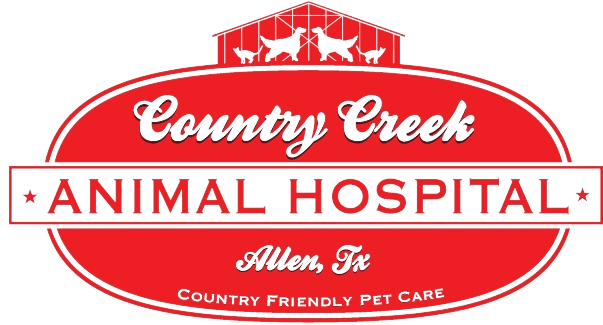
Breathing Problems
Breathing problems in a pet suggest a problem within the respiratory tract. While the cause of this problem may range from a mild allergy to a complicated cancer, it is critical that your pet be examined by a veterinarian the moment you notice a change in their breathing pattern. Changes in a pet’s breathing pattern indicate distress and should not be confused with panting, which can be described as fast-paced, open-mouthed breathing that dogs perform to relax or cool off.
When at rest or around the house, a pet’s normal breathing rate is between 10 to 30 breaths per minute. Faster breathing suggests anxiety, fever, pain, or a serious health issue. If your pet appears to have rapid breathing or labored breathing, we advise against trying to manage the situation on your own and recommend seeking veterinary care immediately.
Symptoms of Breathing Problems:
- Coughing.
- Exercise intolerance.
- Eye discharge.
- Excessive and labored/forced breathing.
- Loss of appetite.
- Nasal discharge.
- Rapid breathing.
- Shallow breathing.
- Sneezing.
- Snorting.
- Weight loss.
Common Causes of Respiratory Complications:
- Allergies.
- Laryngeal paralysis.
- Bronchitis.
- Nasal tumor.
- Cancer.
- Obesity.
- Complications of heartworm disease.
- Pneumonia.
- Congestive heart failure.
- Poisoning.
- Fluid in lungs or chest cavity.
- Pulmonary thromboembolism.
- Foreign object in throat.
- Severe anemia.
- Heat stroke.
- Shock.
- Kennel cough.
- Swelling of larynx.
- Ketoacidosis.
- Trauma.
How are breathing problems treated? After a pet has entered the exam room and the purpose of the veterinary appointment is communicated, the veterinarian will check if labored breathing is visibly apparent. If it is, the veterinarian will immediately try to regain normal breathing by administering oxygen therapy or medications. In extreme cases or situations where the pet owner has witnessed their pet swallowing an object prior to the veterinary appointment, the vet might try removing the foreign object lodged in the throat or may perform a tracheostomy. After stabilizing the pet’s breathing, a thorough physical examination can be performed to determine any additional causes of the breathing difficulty.
Pets that are diagnosed with more serious conditions usually require hospital care until the veterinarian can ensure that they can breathe sufficiently on their own. Once a pet’s breathing is stabilized, it can be released to the owner with prescription medication. The owner will need to continue giving the pet its medication and restrict their pet’s activity (preventing strenuous exercise), in order to help the pet fully recover. It is usually advised to avoid restricting collars around the pet's neck as well.
While some conditions are curable, others will require medicated management or activity reduction for the remainder of the pet’s life. Also, any pet with a history of breathing difficulties should immediately see the veterinarian when there are questionable changes in their breathing patterns.
If you have any questions about breathing irregularities in pets please contact our veterinary office.

